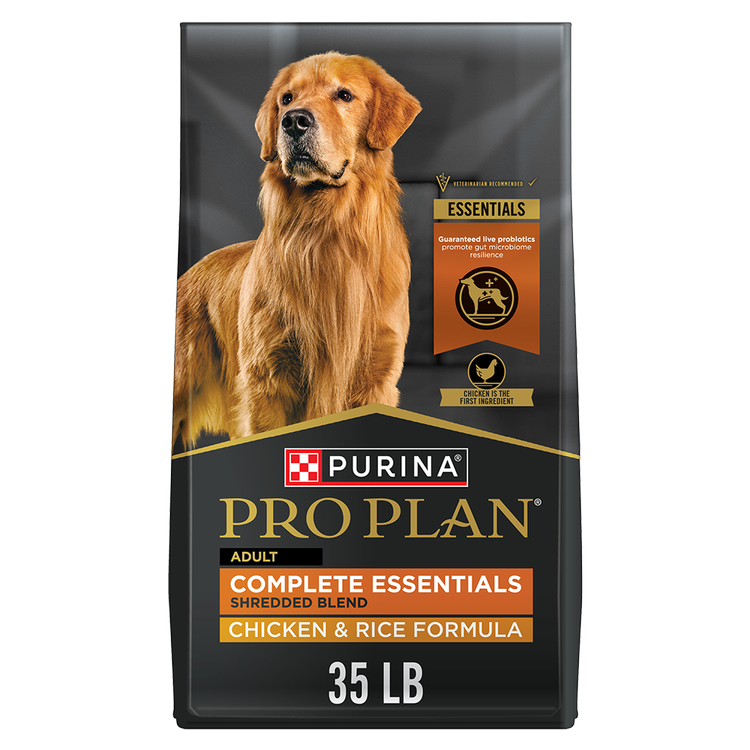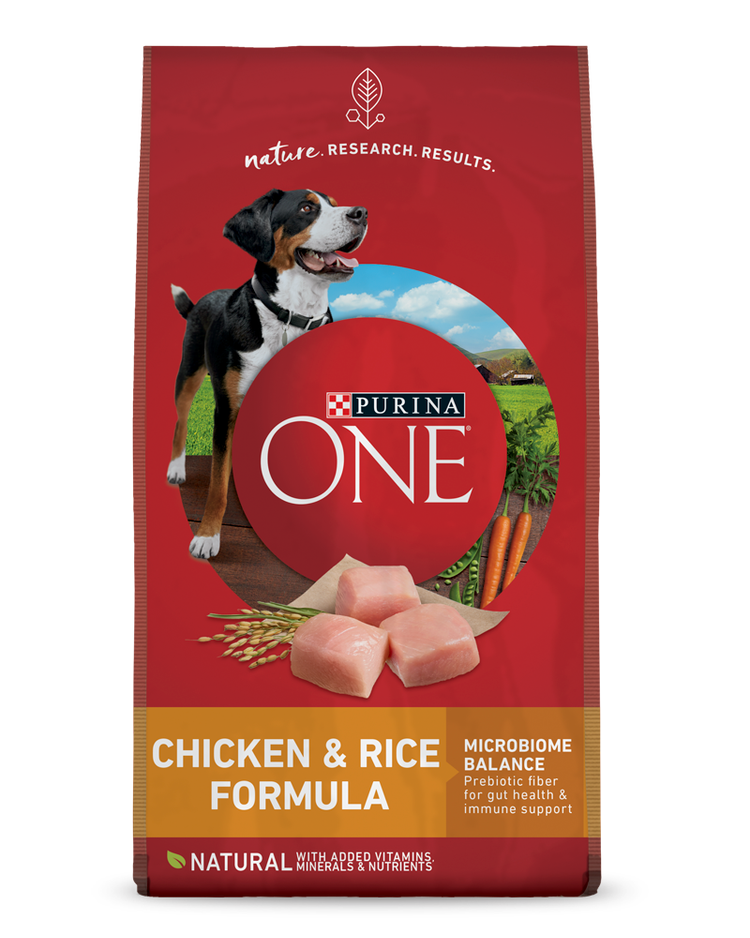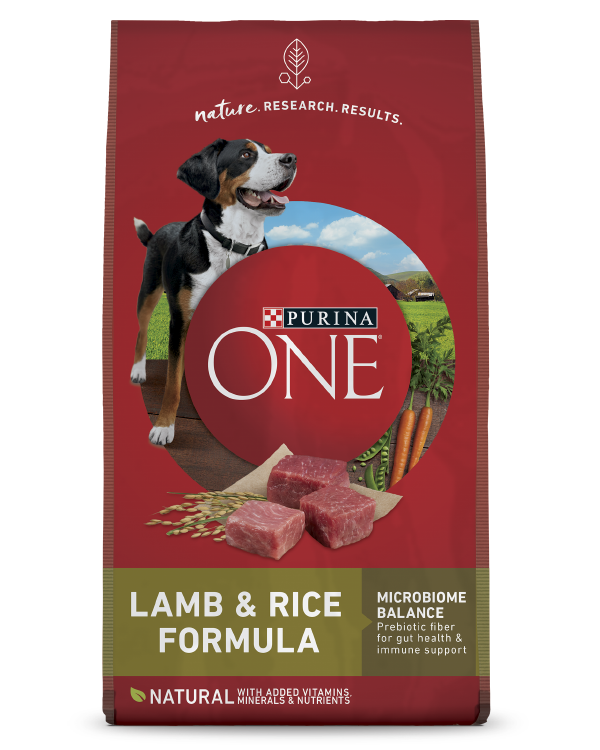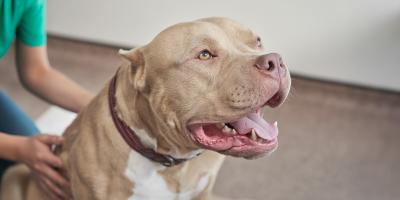Can Dogs Eat Watermelon? A Guide to Safety


Is watermelon OK for dogs to eat? Yes, dogs can safely eat watermelon if prepared correctly. Like some other fruits, such as oranges, apples and peaches, and also berries (fun fact, in case you didn’t know, watermelons are berries), such as strawberries, raspberries and blueberries, watermelon can be safe for dogs to eat as a healthy snack.
Our experts examined several types of watermelon and watermelon products and shared thoughts on whether dogs should eat watermelon. We also evaluated how to prepare and serve edible watermelon for dogs so you may safely share a treat with your dog during celebrations, like the Fourth of July or other warm-weather occasions, and outdoor activities in the spring or summer when watermelon is most likely to be served.
Can Puppies Eat Watermelon?
Puppies have more fragile digestive systems than adult dogs. Especially with a puppy, it's always best to call your veterinarian before feeding your dog any different foods.
One thing to consider regarding puppy food is your puppy’s caloric intake needs. Watermelon is a treat; treats should be at most 10% of a dog's daily caloric intake. Consider that one cup of watermelon, for example, is about 50 calories. Talk with your veterinarian to learn about your dog’s needs, as these vary based on breed, age and other factors.
Can Dogs Eat Watermelon Rind?
Can dogs have watermelon rind? No. Watermelon rind, which includes the hard outer skin to the hard flesh before the softer fleshy fruit, shouldn’t be consumed by dogs. Remove any part of the rind if you feed your dog watermelon treats. Eating watermelon rind can cause some issues in your dog, including:
Can Dogs Have Melon?
You may also be wondering, Can dogs eat melon? or Is melon good for dogs? In general, yes, they can as a treat, too, but in moderation. Another fun fact is that watermelons aren’t melons.
How Much Watermelon Can Dogs Eat?
Dog food has all the ingredients needed to meet dogs’ nutritional needs. If you’re wondering when is watermelon good for dogs to eat, and how much watermelon can a dog eat, remember that watermelon should never replace a dog's meal and should always be snack-sized. Add it occasionally to your dog's diet, but sparingly.
Bite-sized chunks are the way to go. Each piece should be about 1 inch long by 1 inch tall by one-fourth inch thick or smaller, depending on your dog’s size.
How to Feed Your Dog Watermelon
Again, it’s ultimately best to play it safe; get dog food and treats specially formulated for your dog and reach out to your veterinarian to learn more about your dog's nutritional needs. Pet parents should avoid using watermelon as a nutrient source. It should only be regarded as a sensory treat and offered from time to time after support from a veterinarian.
Dog Watermelon Treats
A watermelon snack must consist only of the soft, fleshy fruit and doesn’t replace dog food, which contains all the nutrients a dog needs. Here are some of the reasons why watermelon can be an enjoyable treat for your dog:
- Hydration: Watermelon fruit is 92% water, making it a hydrating snack for a dog
- Cooling: Frozen watermelon is a healthier alternative to stomach-upsetting ice cream, which some dogs crave during warm weather activities
- Low-Calorie
- Low-Sodium (low-salt)
- Fat-Free
Dogs and Watermelon Dietary Safety
Is watermelon safe for dogs? Not always. Is watermelon bad for dogs? Sometimes.
Dogs with preexisting health conditions may not be able to consume watermelon. Also, are dogs allergic to watermelon? Sometimes, yes, they are. Consult your veterinarian before feeding your dog ‘people food.’ Some considerations when feeding dogs watermelon flesh include:
- Sugar: Some dogs, including those with diabetes, can’t enjoy watermelon because of its sugar content. Healthy dogs can develop obesity, too, due to the sugar content if they overeat it
- It’s Only a Treat: Too much watermelon will cause digestion issues
- Watermelon-Flavored Treats: Flavored candy and drinks are a no-go because they can contain additives, sugar and sweeteners that are bad for canine health
- Watermelon Rind: It can cause intestinal blockage, choking, and gastrointestinal upset, due to the fact that it's fibrous material
- Must Remove Seeds: Watermelon seeds can cause intestinal blockage in canines
If you’re worried that your dog ate watermelon and you do not know how much and which parts, contact your veterinarian to be safe.
For more expert tips on dog feeding, explore our other what can dogs eat articles.
Unlock the Secrets to Your Pet’s Diet With myPurina
Watermelons can be a tasty treat, but your four-legged friend still needs the right daily dog food for a complete, balanced diet. Not sure if your dog’s current food suits their dietary needs? Don’t worry!
Download myPurina – our free, one-stop pet care app. myPurina makes it easy to earn rewards, get personalized recommendations from experts, and customize your app experience by building your pet’s profile. App features include:
- Pet Food Finder: Whether your dog has certain sensitivities and other dietary requirements, you can find the best dog food using the Pet Food Finder.
- Rewards: Earn and track points to redeem for rewards by buying your pet’s favorite Purina products. Simply upload or scan a receipt to earn.
- Train + Play: Spend time bonding with your pet while you both learn new games, enrichment activities, and training exercises.
Download the myPurina app today and get rewarded for treating your furry companion to a long, healthy life!

Find Your Pet’s Perfect Food
Use our Pet Food Finder to get a custom recommendation from Purina Nutritionists.






